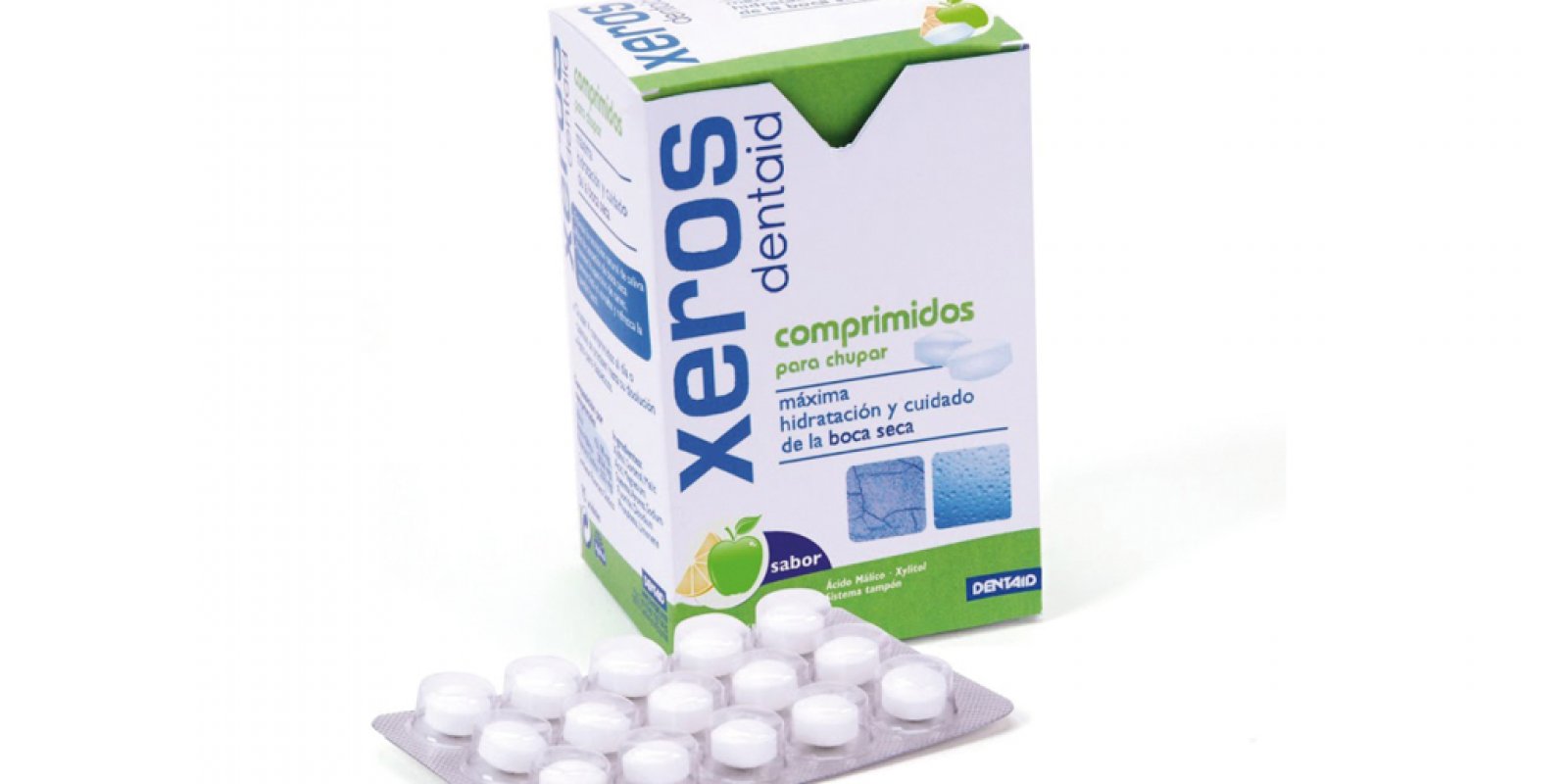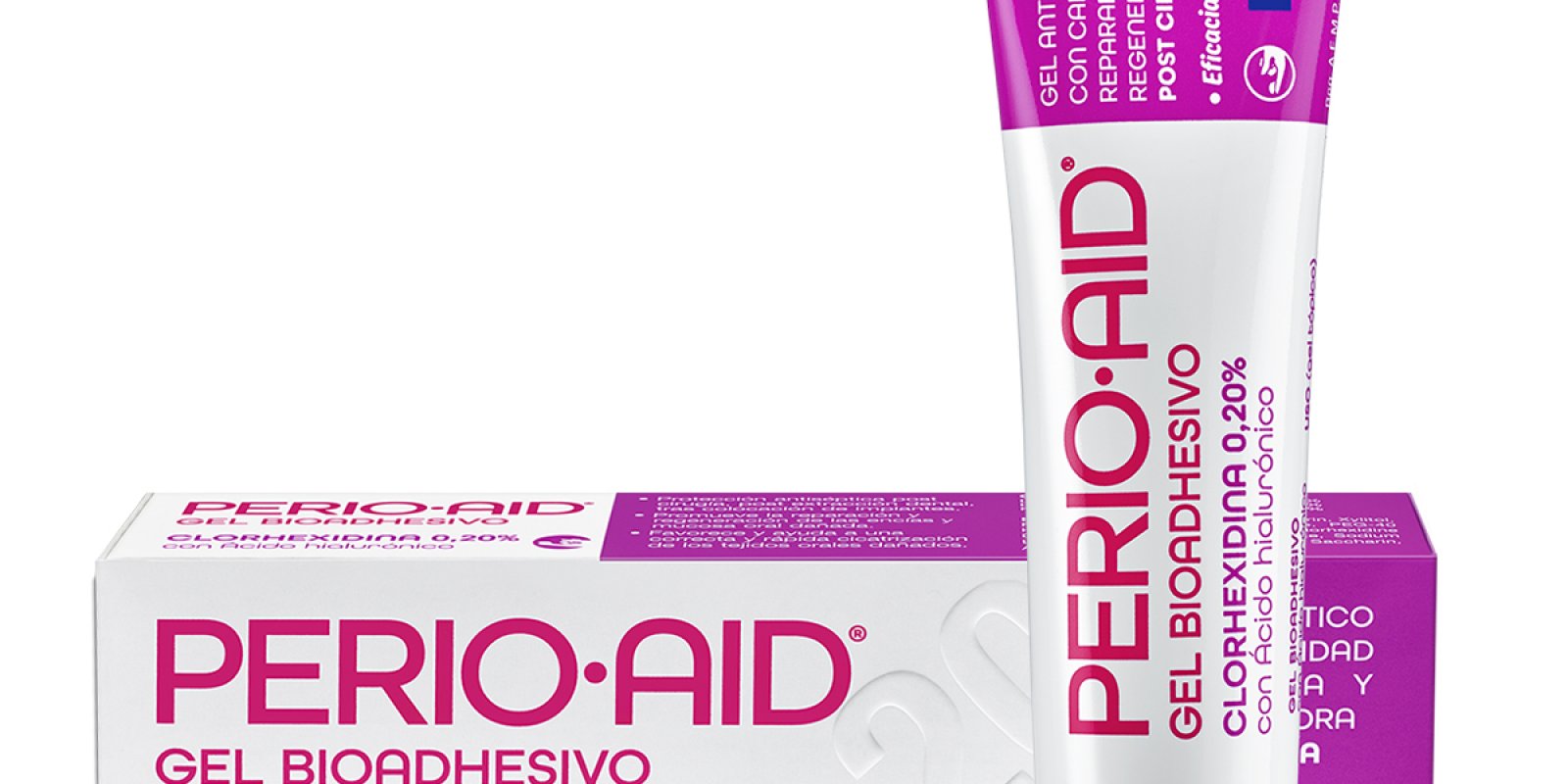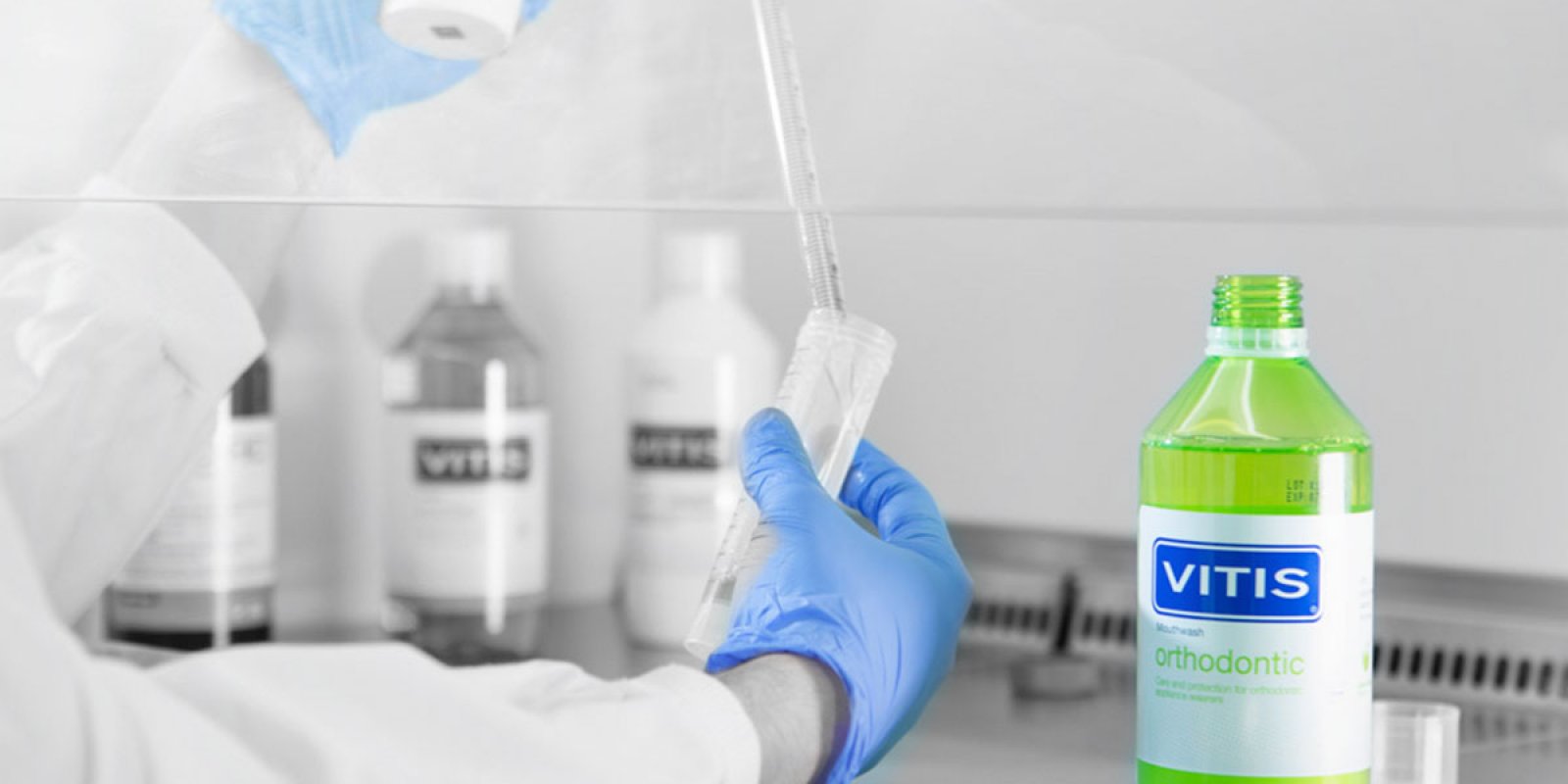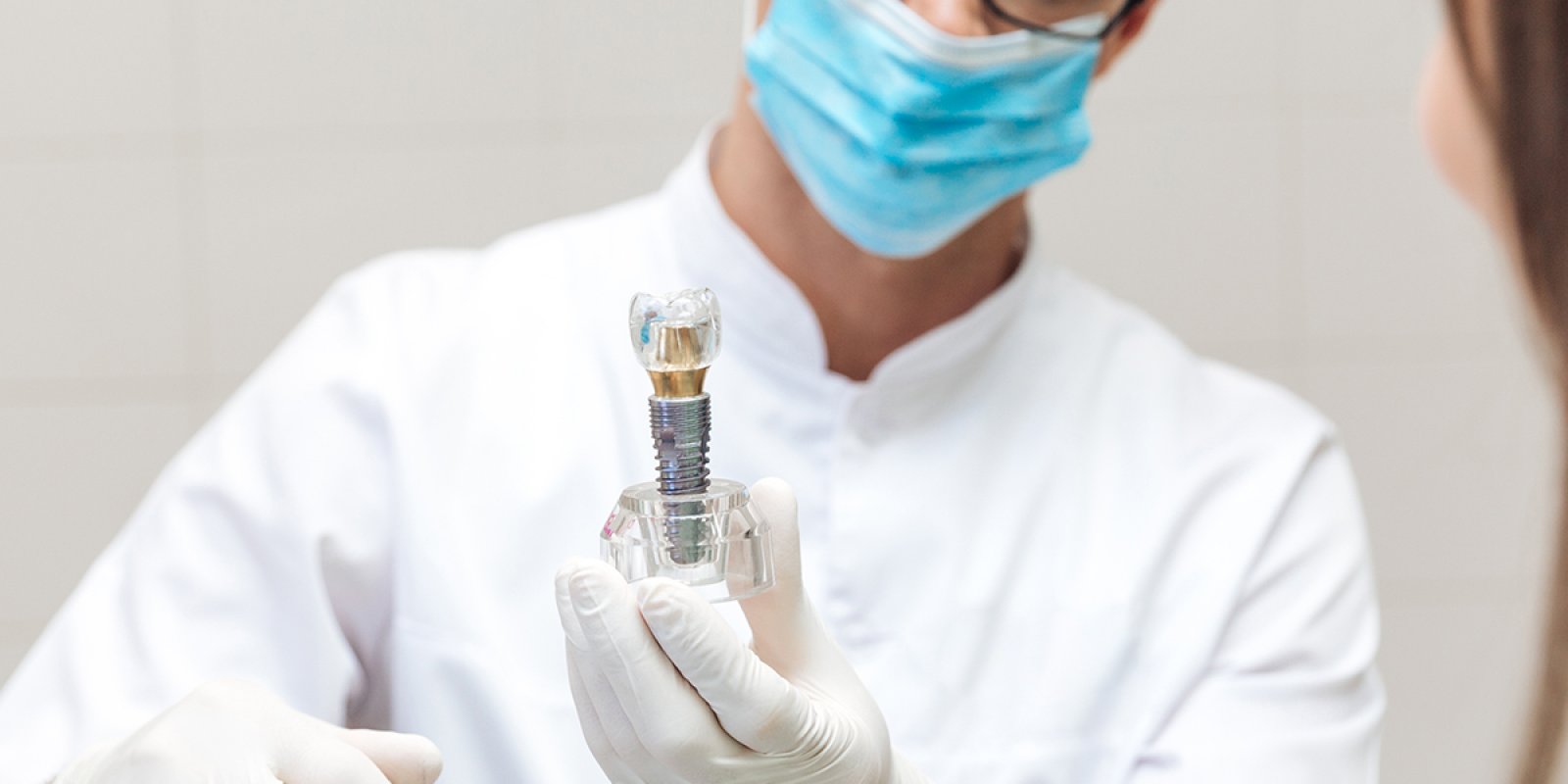DENTAID EXPERTISE
News for dentistry professionals
The capacity for salivary stimulation and the anti-erosive effect of Xeros dentaid® tablets
07 Sep 2014

A study conducted by the Faculty of Dental Medicine at the University of Lisbon shows the capacity of Xeros dentaid® tablets to stimulate saliva, and also suggests that it has an anti-erosive effect by remineralising teeth with fluoride.
Researchers at the University of Lisbon have conducted a clinical trial on university students to assess the salivary stimulation capacity of malic acid-containing Xeros dentaid® tablets. Not only do the results in relation to variations in pH and fluoride released by Xeros dentaid® tablets confirm an increase in salivary stimulation compared to mechanical stimulation using paraffin, they also suggest that this product has an anti-erosive effect.
The fact that drops in pH were not as sharp as with other acids and that these drops did not last as long, as well as the addition of fluoride to the product's formula, suggests that tooth remineralisation is likely to occur. Therefore, teeth would be strengthened, and potentially harmful effects to tooth structures from future erosion phenomena would diminish.
This possible anti-erosive effect by Xeros dentaid® tablets is promising and requires further in-depth study.
Objectives
To compare salivary flow stimulation capacity, from erosive potential and fluoride quantities released in saliva during the exposure to two different gustatory stimulants of salivary secretion (GSSS).
Material and Methods
A double-blind, randomised, cross-over clinical trial was performed. Sixty volunteers were randomly screened and divided in two groups according to the first GSSS tested. The groups were exposed to GSSS containing citric acid and to GSSS containing malic acid, fluoride and xylitol. Unstimulated, mechanical and GSSS stimulated salivary secretions from each group were measured. The pH variations and fluoride release of all samples were measured using potenciometric techniques. Erosive potential was determined regarding salivary pH variations and counts of subjects with pH below 4.5 for over 1 min. Results were presented as mean ± 95% confidence interval and analyzed with Student's t-test or ANOVA as appropriate and only comparative findings of p < 0.05 were accepted.
Results
The malic acid, fluoride and xylitol GSSS presented an absolute risk reduction (ARR) for potential erosive phenomena of 13.91% [1.67%; 26.15%], meaning that one in every eight patients experienced a reduction in risk for erosion compared to the citric acid GSSS. The same GSSS released 87.75% [81.48%; 94.03%] of the total amount of fluoride claimed by the manufacturer into the saliva.
Conclusion
The malic acid-based GSSS presented similar salivary stimulation efficacy to the GSSS containing citric acid, although the malic acid-based GSSS showed a reduction in erosion potential and release of fluoride in saliva, which in turn could potentially protect teeth from future erosion events.
Bibliography
- Cruz M, et al. Efeitos dos estimulantes gustativos de secreção salivar e a sua libertação de flúor na saliva. Rev Port Estomatol Med Dent Cir Maxilofac 2014. http://dx.doi.org/10.1016/j. rpemd.2013.12.135.
- Grupo de Investigação em Bioquímica e Biologia Oral, Faculdade de Medicina Dentária da Universidade de Lisboa, Lisbon, Portugal.
RELATED ARTICLES

18 Jun 2020
PERIO·AID® BIOADHESIVE GEL IMPROVES HEALING AND RESTORATIVE EFFICACY AFTER ORAL SURGERY
A clinical trial has shown the regenerative properties of PERIO·AID® Bioadhesive gel after surgical removal of two third molars. Evaluation* of the…

10 Mar 2020
Improving clinical outcomes in patients with peri-implant mucositis through mechanical control of biofilm and accompanying mouthwash
Mechanical control of biofilm by the dental clinic practitioner, as well as by the patient, together with an adjunctive chlorhexidine and…

27 Jun 2019
ANTIBACTERIAL PREVENTION IN TITANIUM DENTAL IMPLANTS
This study will be useful for the future development of antibacterial strategies preventing incidence and progression of peri-implantitis in patients…
Sign up for the DENTAID Expertise newsletter
Sign up for the newsletter